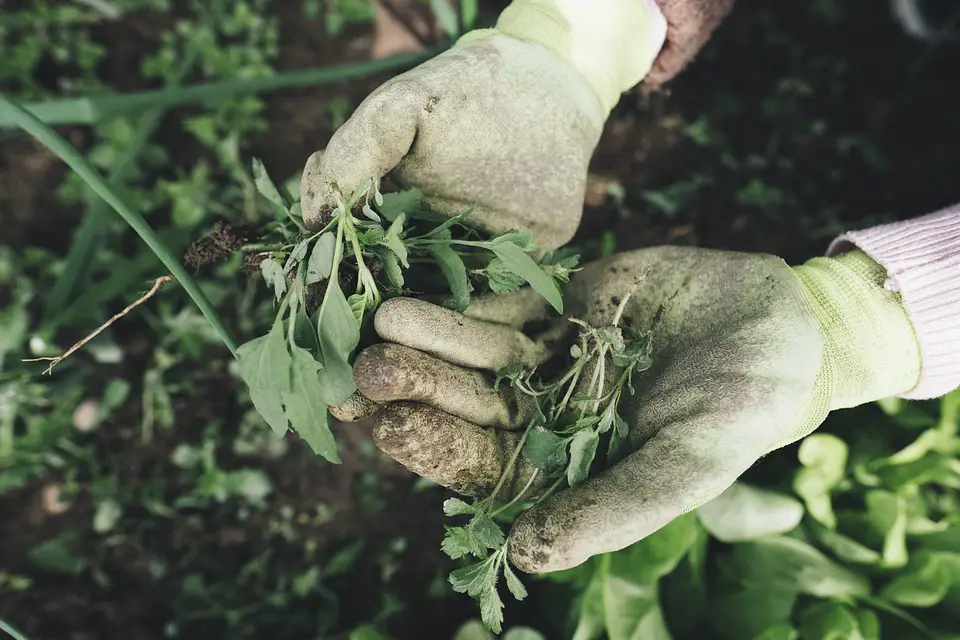Introduction
Connecting with nature is essential for our well-being and sanity. While spending time in traditional gardens can be therapeutic, outdoor garden growing takes it a step further by allowing us to actively participate in the process of cultivating and reaping the benefits of nature. Whether you have a large backyard or a small balcony, outdoor garden growing can be a wonderful experience that brings us closer to the earth and enhances our connection with the environment.
The Joy of Nurturing Life
Outdoor garden growing provides a unique opportunity to nurture life. From sowing seeds to watering, mulching, and watching plants grow, the entire process is a testament to the power of nature and our ability to play a role in it. The joy of seeing tiny seedlings emerge and eventually harvesting fruits, vegetables, or colorful blooms is immensely rewarding and can instill a sense of pride and accomplishment.
Health Benefits
Gardening, in general, has numerous health benefits, both physical and mental. Spending time outdoors and engaging in physical activities like digging, weeding, and planting can improve cardiovascular health, increase endurance, and help maintain a healthy weight. Sunshine exposure helps our bodies produce vitamin D, which is crucial for bone health, immunity, and mood regulation.
Furthermore, gardening is known to reduce stress and promote relaxation. Digging our hands into the soil, smelling the earthy scent, and witnessing the beauty of nature can have a calming effect on the mind and help alleviate symptoms of anxiety and depression. The sense of fulfillment associated with successfully growing plants can boost self-esteem and provide a sense of purpose.
Sustainable Living and Fresh Produce
One of the significant benefits of outdoor garden growing is the ability to grow your own food. By establishing a vegetable or herb garden, you can reduce your reliance on store-bought produce, which often travels long distances and may be grown with harmful pesticides and chemicals. Freshly picked vegetables not only taste better but also offer superior nutritional value, packed with essential vitamins, minerals, and antioxidants.
Additionally, backyard gardening enables you to adopt sustainable practices. Composting kitchen waste, utilizing rainwater for irrigation, and avoiding chemical fertilizers help reduce your carbon footprint and contribute to a healthier planet. Growing your own food gives you full control over its cultivation methods, ensuring that your produce is free from harmful toxins and chemicals.
Teaching Children about Nature and Responsibility
Encouraging children to participate in outdoor garden growing can be an educational experience that fosters a sense of responsibility and respect for nature. It provides them with an opportunity to witness the miracle of seed to plant transformation and learn about the importance of caring for the environment. Children immersed in gardening activities are more likely to develop a connection with nature, gain a deeper understanding of how food is grown, and develop sustainable habits from an early age.
FAQs
Can I grow a garden if I don’t have a backyard?
Absolutely! If you don’t have a backyard, you can still grow a garden in containers on a balcony, patio, or even inside your home near windows that receive sufficient sunlight. There are plenty of options for small-space gardening, including vertical gardens, hanging baskets, and herb gardens in windowsills.
What should I consider when starting an outdoor garden?
When starting an outdoor garden, consider factors such as your available space, sunlight exposure, soil quality, and desired plants. Research the specific needs of the plants you intend to grow, including watering frequency, temperature preferences, and pest resistance. Prepare the soil adequately, ensuring it is free from weeds, enriched with organic matter, and properly drained.
How can I get started with organic gardening?
To practice organic gardening, opt for organic seeds, compost, and natural pest control methods. Avoid synthetic fertilizers, herbicides, and pesticides. Establish a composting system to recycle kitchen scraps and yard waste, creating rich organic matter to nourish your garden. Research organic gardening techniques, such as companion planting and crop rotation, that promote plant health and discourage pests.




